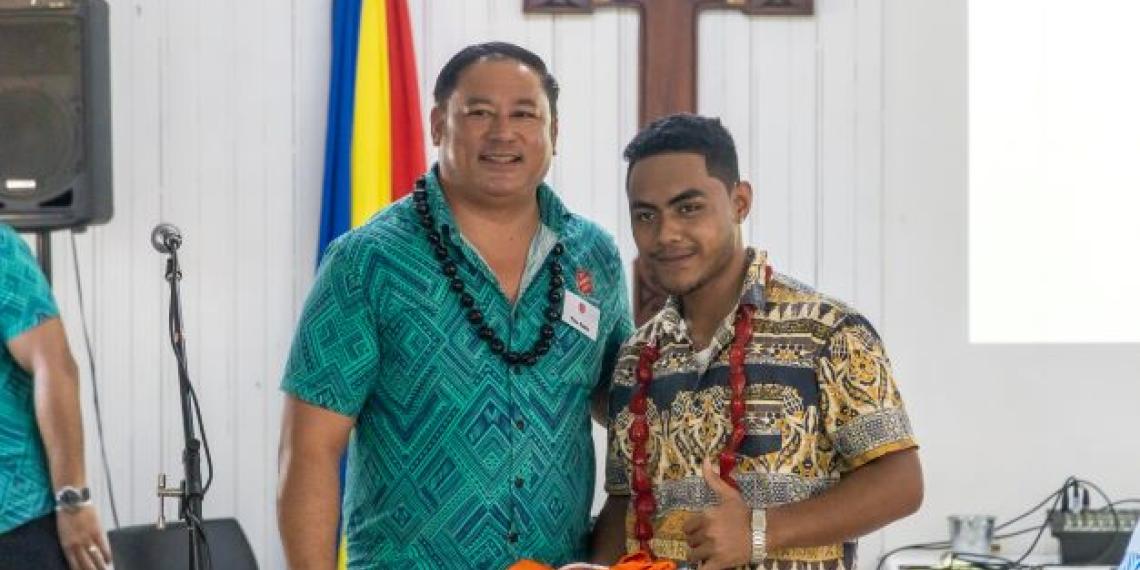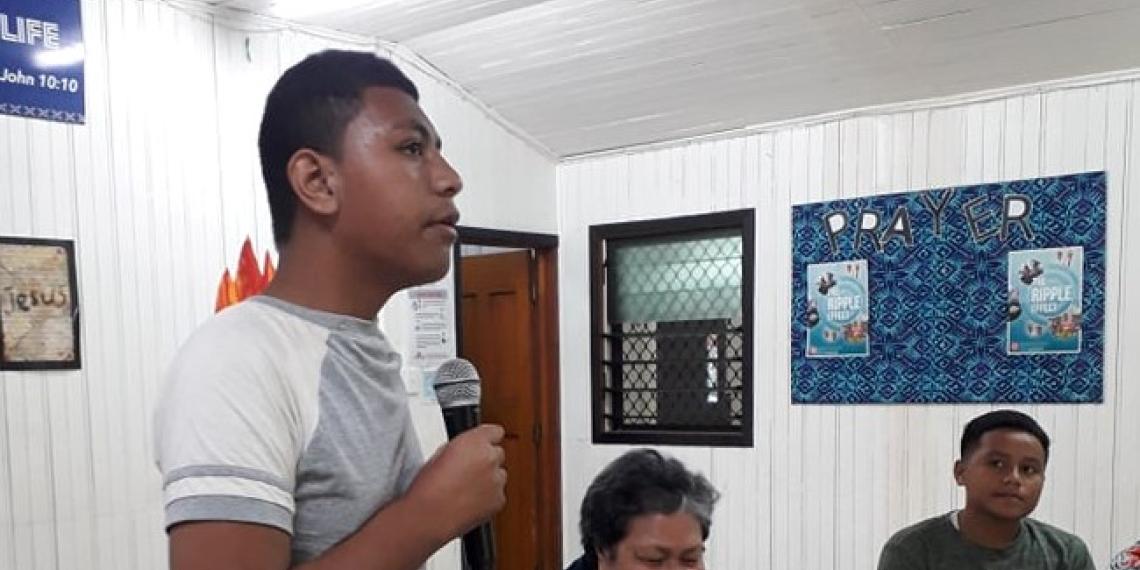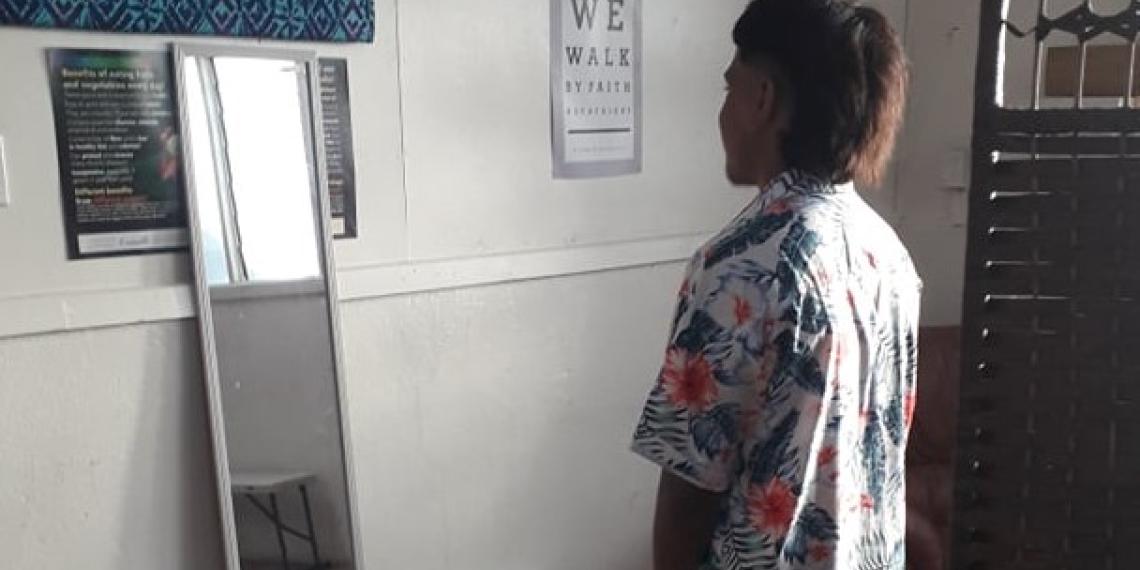Groundbreaking Campaign in Samoa to End Violence Against Women and Girls



The Salvation Army was granted 20,000 Tala ($NZ11,500) by the Ministry of Women, Community and Social Development - alongside 11 local NGOs - to create and run anti-violence activities. ‘We’re still so new in Samoa, so it was a real honour to be approached and included in this funding, and a real testimony to the difference the Army is making in Samoa,’ says regional leader Captain Julie Turner.
When the campaign was launched to staff, it became a powerful conversation, she adds. ‘One of our men was almost in tears when we talked about coercion and human trafficking that is often perpetuated by tourists. And he said, “Is this really happening in my country?”
‘But there was also this huge excitement that we’re going to be able to do something about this, and really make a difference.’
‘This is quite ground-breaking for young people in Samoa – it’s the chance to talk about self-esteem and their own values, what they consider to be safe spaces, and how they can create that for themselves.'
The team has developed a 6-pronged approach, running until December, which addresses a wide range of underlying causes behind violence against women and girls, including:
Substance abuse and attitudes to gender equity: A week has been added to the Army’s addictions programme ‘solely focused on gender-based violence and talking about substance abuse as a trigger,’ explains Julie. ‘We’re really careful not to say alcohol and drugs are the cause, because what we’re really talking about is the underlying attitudes and behaviours that are triggered by the substance abuse ’
Village champions and local campaigns: One of the most exciting initiatives has been training local leaders to become champions in speaking out against violence. The Army ran a 2-day training with 12 leaders from the village of Tanugamanono – including the mayor and village pastor. "We use storytelling as a key method to engage others. The village has ownership over the campaign so they will decide what is best, not us,” says the Army’s Practitioner Clinician, Sailivao Aukusotino Senio, who facilitated the workshop.
For many, the training became a safe space to tell their own stories for the first time, in a supportive environment. ‘I learned a huge lesson for myself, my family and everyone in need. Violence against women and girls is an enormous problem around the world and I thank God that I am able to reach out and contribute,’ reflects staff member Teuila Faimanu, who took part in the workshop.
Youth workshops focused on building self-esteem: ‘This is quite ground-breaking for young people in Samoa – it’s the chance to talk about self-esteem and their own values, what they consider to be safe spaces, and how they can create that for themselves,’ explains Julie. ‘But also just allowing them the space to tell their own stories and explore what things could look like for them in a violence-free home environment.’
Substance abuse awareness in schools: The Army also partnered with another NGO to deliver a programme in schools, raising awareness about the effects of substance abuse. ‘I recall back in school, substance use was not a foreign topic to us. A lot of kids were already heavy users,’ says staff member Chris Vaifale. ‘There is a lack of knowledge about access to services available for support. Helping young people know they can get help has been one of the most important parts of the presentation.’
Alongside these programmes, the Army is also delivering a positive parenting and lifestyle workshop called ‘Malu i Fale’; Salvation Army representatives appeared on Samoa’s morning television news talking about strategies for ending gender-based violence; and the Army is providing education about gender equity to clients.
The campaign to End Violence Against Women and Girls builds on the ongoing discussion in Samoa, reflects Julie. ‘The wonderful thing about our campaign was that for some people it was the first time we were able to think, “I can do something about this, I can actually help change the world” ’.
Violence against women and girls is an enormous problem around the world and I thank God that I am able to reach out and contribute.’
